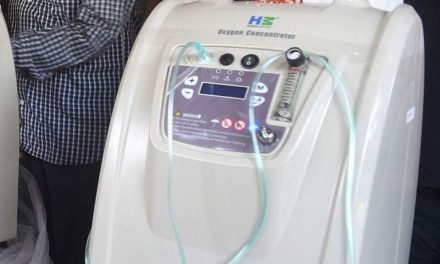
Curtain comes down on EU-funded climate programme – project villages increase food security, become more self-sufficient

With the European Union’s Climate Change Adaptation and Mitigation funding programme is coming to an end, two conservancies namely the Nyae Nyae and N≠a Jaqna have benefited extensively since it kicked off.
Since 2014 the Nyae Nyae Development Foundation of Namibia received a grant of 649,390 Euros to support Nyae Nyae and N≠a Jaqna Conservancies adapting to the impacts of Climate Change which has devastating consequences for marginalised, rural communities.
This week at closing up event of the project it was highlighted that the project has successfully increased food security in project villages and motivated people to start becoming more self-sufficient. With this has come an increase in demand for water and additional storage tanks and solar panels which the project also provided.
According to the EU, there are now over 16 villages with gardens or fields and 12 villages with livestock including 4 newly established herds.
“Also importantly in a widespread increased understanding of Climate Change as well as the need for fire and veld management to prevent over-grazing and manage fuel build up,” the EU added.
The EU grant focused on diversifying livelihoods, particularly focusing on developing agricultural activities such as gardening, introducing Conservation Agriculture techniques in fields and livestock management as well as supporting Devils Claw harvesting and fire management.
“This diversification of livelihoods along with increased rangeland management is intended to increase the resilience to climate change in these communities,” the EU added.
Meanwhile, while the EU funding is coming to an end, the Nyae Nyae Development Foundation has since secured funds from other donors to continue with essential components of this successful progamme in the immediate future.
“However, to ensure that the benefits of these livelihoods continue to be repeated and built upon, a long-term approach is required,” the EU added.
In the country, the San communities in Nyae Nyae and Na Jaqna have limited livelihood options and rely on a mix of veld food, hunting and government drought relief as well as a few salaries and pensions that a very small number of the community receive.
Caption: Increased agricultural activities were supported alongside traditional livelihoods to increase diversity of food source and improve food security.












































